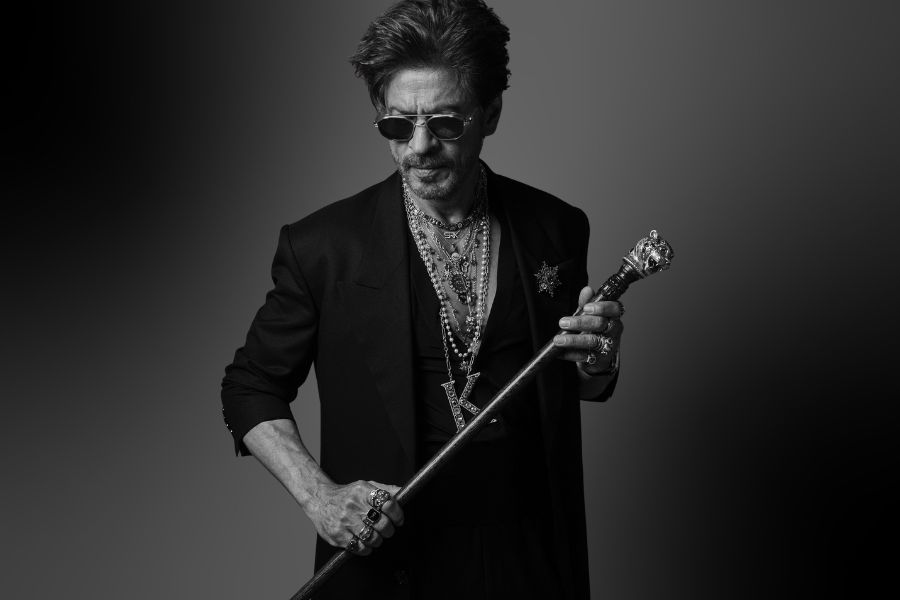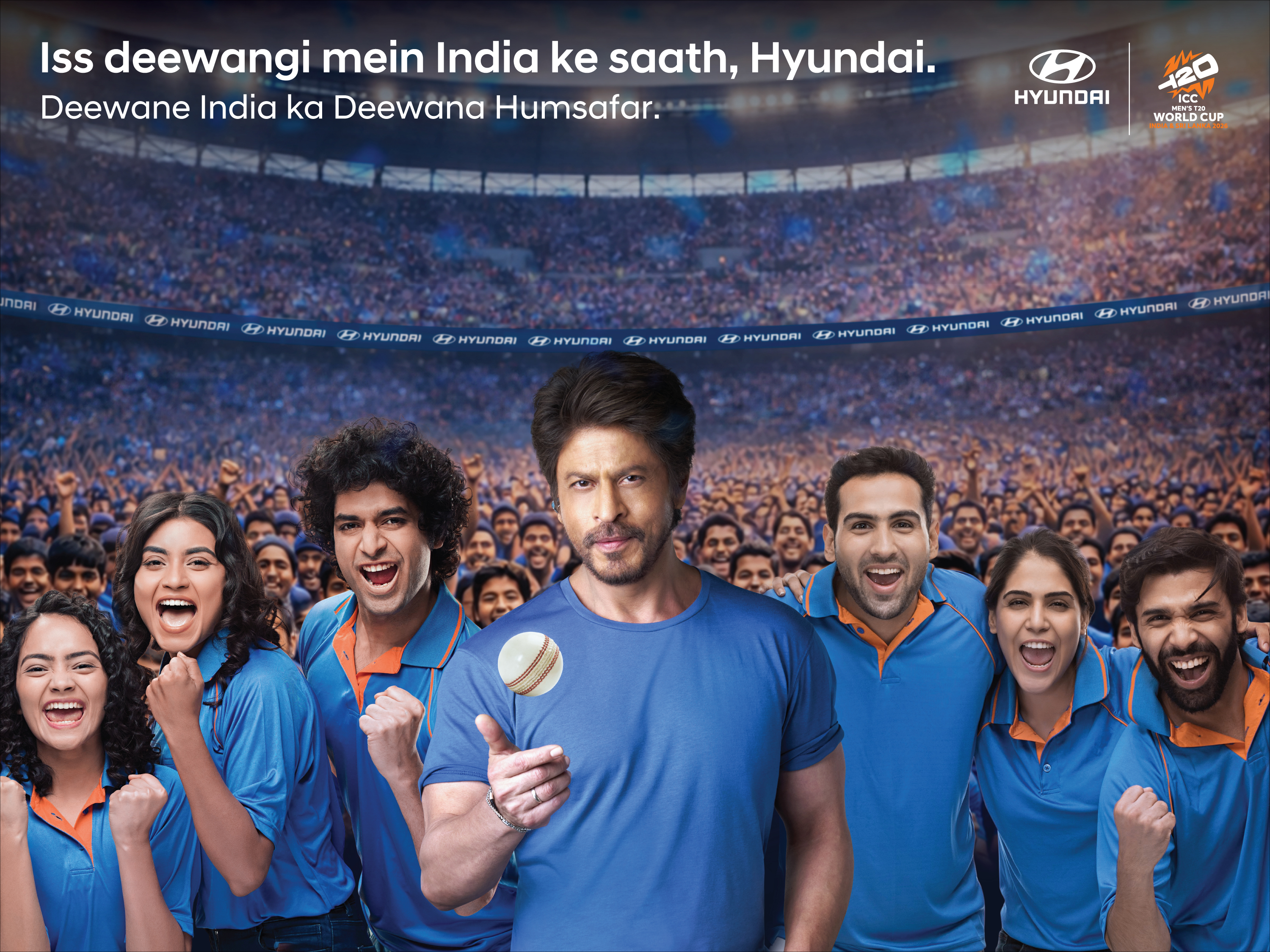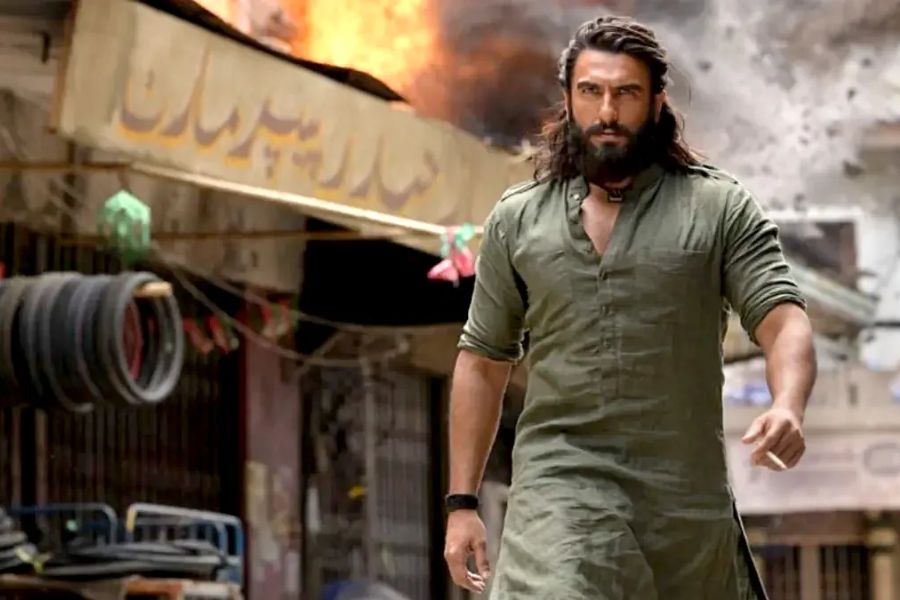Much before ‘content’ became the buzzword, India’s small screen had characters. And among them was a young Delhi boy with a sharp nose, mischievous smile and boundless energy. He was Shah Rukh Khan, aka SRK.
His television debut with Fauji and Circus made him a household name even before his cinematic breakout in Deewana (1992). But few could have predicted that this scrappy outsider, once selling Liberty Shoes on camera in 1989, would go on to become one of the world’s richest entertainers, commanding between INR 5 and INR 10 crore per brand endorsement, as per industry insiders.
As he turned 60 yesterday and his net worth soared to INR 12,490 crore as per the Hurun India Rich List 2025, the question isn’t how he stayed relevant. Instead, it is about how he made relevance itself his brand.
The making of a marketer’s dream
Khan’s breakthrough role in Baazigar (1993) didn’t just mark his cinematic ascent; it marked the start of his advertising reign. His first major endorsement, for Tata Brahmaputra Tea, filmed by ad veteran Prahlad Kakkar, set the tone: charm meets conviction.
By the time Karan Arjun and Dilwale Dulhania Le Jayenge hit theatres in 1995, Khan’s persona had evolved into something few others could embody — an urbane yet rooted Indian man, aspirational but relatable.
DDLJ’s Raj was a marketer’s fantasy come true. He was a global citizen who danced in mustard fields, someone who was at home behind a convertible’s wheel and also while playing a dhol (drum) at a wedding function.
In Kuch Kuch Hota Hai and Kabhi Khushi Kabhie Gham, he seamlessly merged Western flair with Indian sentiment. This was exactly the duality that defined post-liberalisation India. Brands saw in him what the nation saw in itself: ambition without arrogance, tradition without constraint.
Hence, when Hyundai entered India in 1996 and needed a relatable face to introduce a foreign car to Indian driveways, SRK fit the bill. His long-standing partnership with Hyundai, which is still going strong 25 years later, transformed the Santro from a Korean import into a middle-class aspiration. He didn’t just sell cars; he sold confidence to first-time buyers.
That equation between the man and the market deepened with Pepsi. Joining the cola wars in 1997, Khan helped craft some of India’s most memorable pop-culture moments, from ‘Yeh Dil Maange More’ to ‘Youngistaan’. He was, quite literally, the face of a new generation, blending youthful irreverence with mass appeal. When Pepsi eventually dropped him in 2009 to focus on younger ambassadors, it was less an exit than a baton pass; it was because the brand had simply outgrown its own campaign.
His eventual shift to Thums Up in 2022 marked a full-circle moment. The Coca-Cola-owned brand’s campaign, conceptualised by Ogilvy, cast him in action-heavy stunts aligned with his cinematic pivot to Pathaan, Jawan and Tiger 3. “Teaming up with King Khan, the brand amplifies this core value and adds action-packed cinematic storytelling,” read the campaign note. It wasn’t just advertising; it was brand and actor co-evolving in sync.
Brand SRK: The business and the belief
SRK’s mass appeal has always had depth. His public image — that of a devoted husband, the doting father and a disciplined worker — offered brands the reliability they crave. In an industry where reinvention is survival, he mastered consistency.
His business ventures further strengthened that credibility. From his own enterprises like Red Chillies Entertainment to Kolkata Knight Riders, and now D’YAVOL, a luxury collective co-founded with his son Aryan Khan, SRK embodies entrepreneurial pragmatism wrapped in stardust. D’YAVOL’s expansion from streetwear to premium spirits mirrors SRK’s personal brand — stylish, premium, and slightly out of reach, but never alienating.
The numbers echo this trust. According to Kroll’s 2025 Celebrity Brand Valuation Report, his brand value jumped 21% to $145.7 million, placing him third behind Virat Kohli ($231.1 million) and Ranveer Singh ($170.7 million). Longevity, it seems, has a value all its own.
This is also because SRK’s ads rarely feel like endorsements; they feel like stories. R Balki’s 2013 Tata Tea campaign under the ‘Jaago Re’ banner is a case in point. Khan pledged to credit actresses before his own name in films, which was a subtle but powerful gesture toward gender equality. When Chennai Express released a year later, Deepika Padukone’s name did indeed appear first. That rare blend of conviction and follow-through made him more than a pitchman; it made him an influencer before the term existed.
But even a brand this bulletproof isn’t without contradictions. His continued association with paan masala brands has sparked intense debate. YouTuber Dhruv Rathee’s video earlier this year reignited criticism: “Mera Shah Rukh Khan se sawaal yeh hai, kya itne paise kaafi nahi hai kya?” (My question to Shah Rukh Khan is this, isn’t this much money enough?) he asked, questioning the ethics of such endorsements given SRK’s immense wealth.
My question to Shah Rukh Khan.@iamsrk pic.twitter.com/MZjCbsIkjx
— Dhruv Rathee (@dhruv_rathee) October 15, 2025
Khan’s earlier defence, when accused of promoting soft drinks, remains consistent: “If you think soft drinks are poisoning people, don’t let them be made in our country. You’re not stopping it because it gives you a revenue. Don’t stop my revenue. I’m an actor. I’m supposed to get a revenue out of it.”
The debate underscores a larger truth: brand SRK thrives because it reflects India’s contradictions — aspirational yet conflicted, modern yet moralistic.
The art of staying relevant
Unlike most of his contemporaries, SRK didn’t fade with age, but adapted with intent. His 2023 blockbusters Pathaan and Jawan were more than comeback films; they were marketing masterclasses in narrative reinvention. While younger stars leaned on controversy or algorithms, Khan doubled down on storytelling — the very currency he’s always traded in.
That reinvention mirrors his brand trajectory. In March 2025, LT Foods launched Daawat Basmati’s global campaign ‘Bringing Out His Finest’, co-starring Zeenat Aman. “Partnering with Shah Rukh Khan, a global icon with deep cultural influence, allows us to further connect with our consumer base,” said Abhinav Arora, president of LT Foods Americas. The ad, showing SRK perfecting every detail to impress Aman, symbolised a full-circle return to refinement; that of a mature brand ambassador selling perfection over power.
It’s not nostalgia driving these partnerships. It’s credibility. For brands, SRK remains shorthand for trust, aspiration, and emotional equity. Few celebrities can embody all three without appearing inauthentic.
At 60, SRK remains both legacy and living momentum. He is the rare celebrity whose audience spans generations. The reason marketers his brand endures is because of its universal appeal that cuts across age, gender, class, and religion, fitting seamlessly into both mass-market FMCG and luxury portfolios.
Also, decades of clean public image make him a low-risk, high-return investment, which benefits brands seeking trust and credibility in an increasing cancel culture. Moreover, his journey from Delhi’s middle-class bylanes to global stardom mirrors the country’s own ascent. He has constantly reinvented himself where each career phase matched the zeitgeist, from romantic hero to action icon.
But most importantly, as an entrepreneur himself, Khan understands ROI, a trait marketers prize as much as magnetism. His campaigns are conversations, not sales pitches. Brands like Hyundai, BigBasket, Myntra, ICICI Bank, Muthoot FinCorp and Joy Personal Care continue to tap into this blend of credibility and charisma. For them, SRK offers both scale and safety, which is a rare balance in a volatile celebrity economy.
The paradox of perfection
Yet, his biggest brand strength may also be his biggest vulnerability — ubiquity. Endorsing over 30 brands blurs boundaries between authenticity and overexposure. But even that risk is mitigated by his audience’s emotional investment. India doesn’t just consume Shah Rukh Khan; it coexists with him.
And perhaps that’s the secret sauce. While others chase algorithms, he chases affection. His brand doesn’t shout; it endures, gently but firmly, across platforms, decades, and economic cycles.
At 60, Shah Rukh Khan stands at the intersection of nostalgia and new-age commerce. He is both the memory of India’s liberalisation and the face of its digital ambition. His critics question his choices; his fans defend his consistency. But for advertisers and agencies, the calculus remains simple: SRK sells and he sells because he still believes.
As ad veteran Prahlad Kakkar once put it, “Anything he touches catches public attention.” Thirty years on, that still holds. In a market where celebrity brands burn bright and fade fast, Shah Rukh Khan has mastered what few can: he doesn’t just endorse a product; he endorses a generation’s belief that dreams, when sold right, can last forever.




